OPEC+ sees no need to meet U.S. call for more supply
OPEC and its allies, including Russia, believe oil markets do not need more oil than they plan to release in the coming months, despite U.S. pressure to add supplies to check an oil price rise
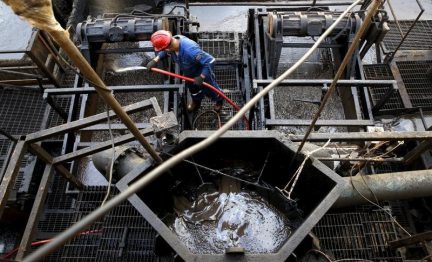
OPEC and its allies, including Russia, believe oil markets do not need more oil than they plan to release in the coming months, despite U.S. pressure to add supplies to check an oil price rise
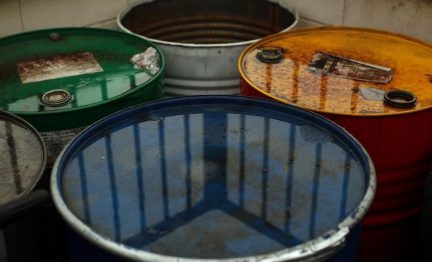
The White House said in a statement that the Biden administration had urged OPEC and its partners to boost production, CNBC earlier reported the development

The OPEC has pumped 26.72 million barrels per day (bpd), the survey found, up 610,000 bpd from June’s revised estimate. Output has risen every month since June 2020 apart from in February

From August till December 2021 the group will improve provide by an extra 2 million bpd or 0.4 million bpd a month, OPEC mentioned in a press release. It goals to completely part out cuts by round September 2022
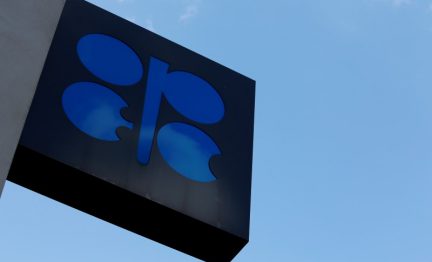
OPEC forecast that world oil demand would rise in 2022 to reach a level similar to before the pandemic, led by growth in the United States, China and India
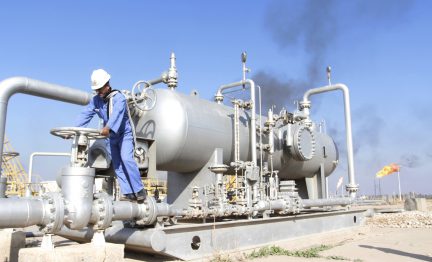
Saudi Arabia and the United Arab Emirates have reached a compromise over OPEC+ policy, in a move that should unlock a deal to supply more crude to a tight oil market and cool soaring prices
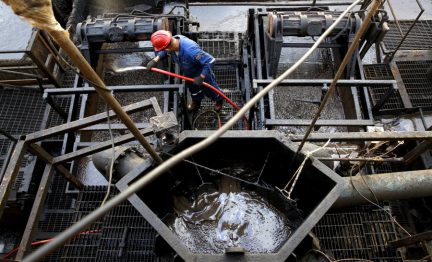
The International Energy Agency warned that world oil markets are likely to remain volatile following a breakdown in talks between OPEC members and their non-OPEC allies, creating a no-win situation
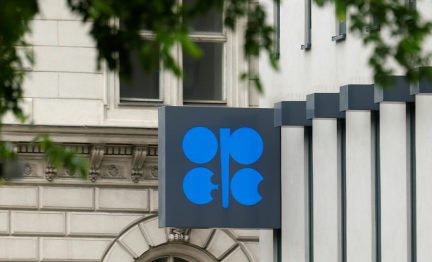
Saudi Arabia and Oman called for continued cooperation between OPEC and other allied producers to stabilise and balance the oil market, the Gulf states said in a joint statement
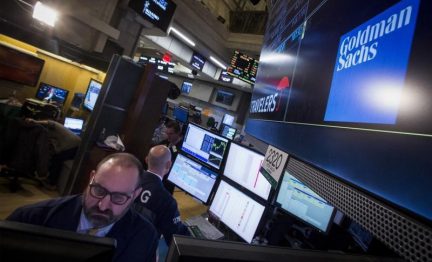
Goldman Sachs said the collapse of OPEC+’s oil output talks had introduced uncertainty into the prospects for output, but maintained its view that Brent crude would be around $80 a barrel this summer

Oil prices rose, driven higher after OPEC+ nations called off talks on output levels, meaning no deal to boost production has been agreed